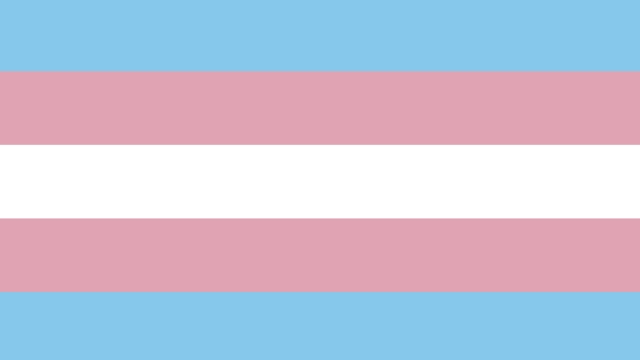Survey: One-Third of Transgender People Avoided Food or Water due to Restroom Discrimination

In the past year alone, nearly one-third of transgender people have avoided eating or drinking for fear of problems in gender-segregated restrooms, according to new results from the U.S. Trans Survey.
This disturbing finding was just one of several statistics driving home the devastating effects of restricted restroom access. Among nearly 30,000 transgender adults who participated in the 2015 survey, six in 10 avoided restrooms in the past year, a quarter had been told they were “using the wrong restroom,” and eight percent had developed a kidney or urinary tract infection due to avoiding public bathrooms.
North Carolina’s deplorable HB2, which became law earlier this spring, was one among more than 50 attempts by state lawmakers this year to write anti-transgender discrimination in law — many, like HB2, focused on restroom access. The survey findings make clear just how harmful these bills are — and how any attempts to claim they provide safety to people are misleading. Twelve percent of transgender adults had been harassed, attacked or sexually assaulted in a restroom in the past year. In contrast, law enforcement officials and sexual violence experts say that ensuring access to gender-appropriate restrooms poses absolutely no risk to non-transgender people.
HRC has worked with advocates and community members in North Carolina to press for repeal of HB2. Last week it submitted an amicus brief, joined by 68 major companies, urging courts to block the law’s most discriminatory components. With transgender rights at the forefront of much political discussion, HRC has partnered with local and national groups to air a powerful TV ad during the Republican National Convention. The ad features a transgender woman told to use a men’s restroom at a restaurant, until two female bystanders usher her into the women’s room.
The National Center for Transgender Equality’s U.S. Trans Survey is the largest survey of transgender people ever conducted. In August and September 2015, tens of thousands of participants shared their experiences with discrimination and violence, along with information about their health, careers, school experiences, and other areas of life. The data will give researchers and advocates an unprecedented look at the challenges facing transgender people across the U.S.
The National Center for Transgender Equality expects that the full survey results will be released in late 2016.
To learn more about safety, health and justice for transgender people, visit www.hrc.org/transgender.
You Might Like
